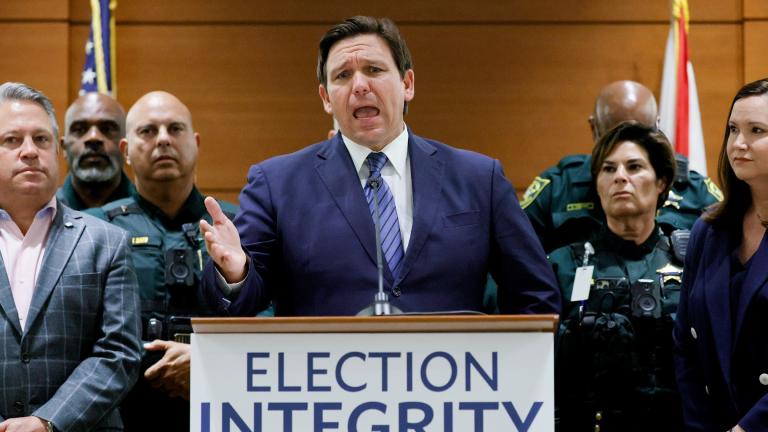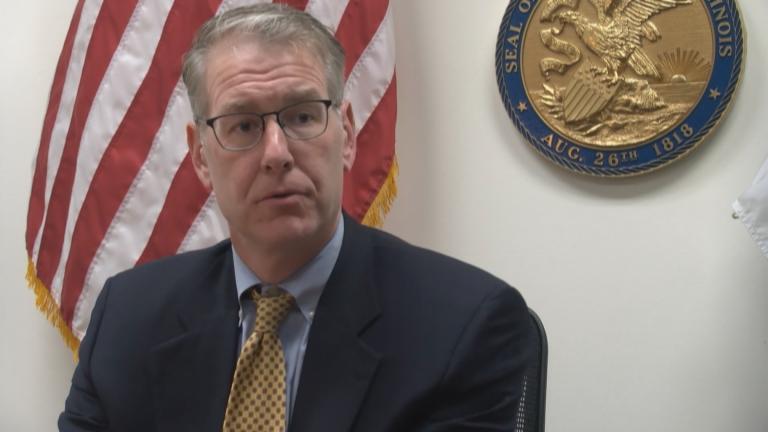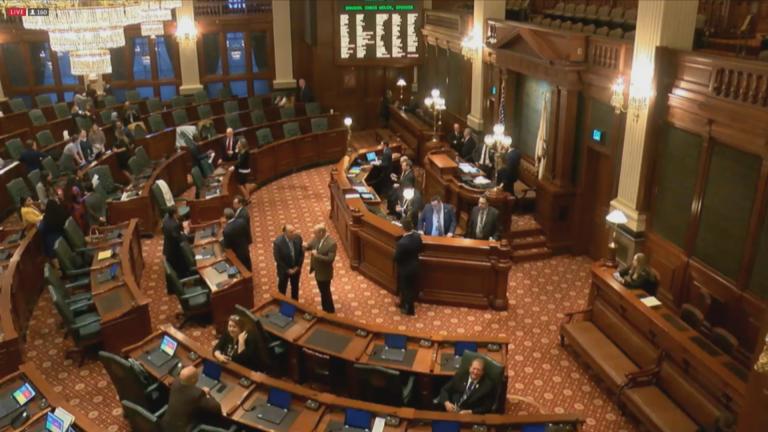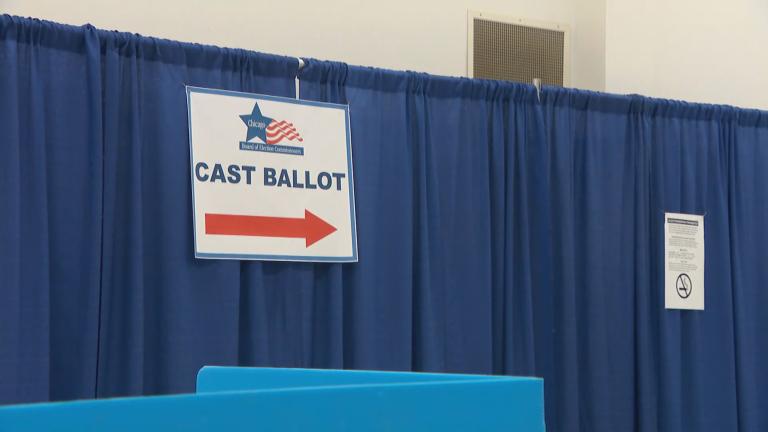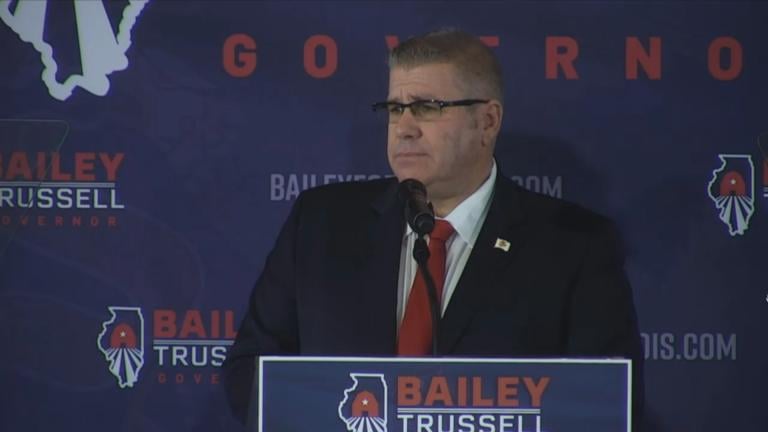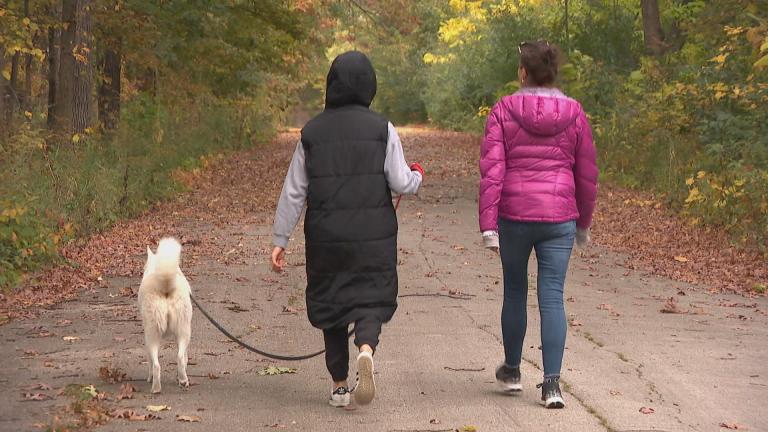Early voting begins in Chicago on Friday, but voters will have fewer opportunities to be informed about the positions of those on the ballot because there are fewer debates.
It’s a national trend, though one that’s difficult to measure.
Megan Goldberg, Cornell College’s Department Chair of Politics, said it’s something she’s dealing with locally in Iowa, but she couldn’t give an exact answer.
Goldberg said political scientists have studied the effect of debates, and largely found they don’t have a big impact on voting outcomes, mainly because those who watch are probably already well-informed.
“It’s like when you turn on a Cubs game to like root for your team, it’s sort of the same effect when people tune into debates,” Goldberg said.
But she said there haven’t been significant studies investigating what happens when there aren’t debates at all, or why campaigns may bypass them.
“We know a lot about the effects, and we know that they’re somewhat small in some ways because of who the audience is,” she said. “But we haven’t done a ton of research on what goes into who decides to debate because there wasn’t always that much variation.”
It looks like there’ll be no debates in the competitive contests for governor of Arizona, and U.S. Senate in Pennsylvania and Georgia because at least one of the major party candidates in each of those races won’t commit to doing one. The Republican National Committee this year voted to withdraw from the Commission on Presidential Debates, citing bias.
In Illinois, Republican candidate for treasurer, state Rep. Tom Demmer, has tried to make hay of Treasurer Mike Frerichs’ willingness to debate, and the challenger to Cook County Board President Toni Preckwinkle, Republican Bob Fioretti, is also trying to make it an issue.
The Chicago Tribune recently reported about the Lake County League of Women Voters complaints about a break in tradition, with various candidates rejecting or ignoring invitations.
Former Federal Communications Commission Chair Newt Minow was involved with the first televised Presidential debate in 1960, and has been part of every presidential debate since.
He said debates present voters with a rare opportunity to get a true feel for candidates, “where they have to answer tough questions, and show that they have the brains and the fortitude and personality that the voters will want to vote for.”
It’s also an opportunity for candidates to gain name recognition.
But some are staying clear for any number of reasons, citing complaints about the ground rules or not wanting to give legitimacy to an opponents’ controversial views. Wealthy candidates may choose to bypass debates in favor of keeping their relationship with viewers curated with commercials.
“We are deluged at all levels with purchased radio and television commercials which are simply not true, and which lie – and this is true of both parties,” Minow said.
In the social media age especially, Goldberg said campaigns make careful calculations.
“It’s this tradeoff of: Is it worth the potential cost of getting backed into an uncomfortable corner and having a sort of viral internet moment, versus the perks of potentially getting in … a dunk on your opponent,” she said.
Candidates with a giant lead in the polls may not want to put themselves in a spot to screw that up.
“If one candidate is running way ahead, that candidate doesn’t want to debate, risk a mistake or anything happening, so you very often have no debates, which is really the worst thing of all,” Minow said.
That’s not the case for the marquee race here in Illinois.
Democrat J.B. Pritzker and Republican Darren Bailey faced off virtually in an Illinois Associated Press Media Editors forum last Friday.
But the candidates for governor will only debate on TV twice, including in Bloomington on Thursday.
WTTW has hosted gubernatorial forums virtually every election cycle, but Bailey never responded to the WTTW News invite while Pritzker cited scheduling conflicts, despite several months’ notice and weeks of date options.
Leading up to Nov. 8, WTTW is set to have matchups featuring the candidates for U.S. Senate, secretary of state, and attorney general.
Minow says voters want and need to be educated.
“The whole idea of democracy – the whole concept – is that we have informed voters who exercise their judgment to choose their leaders. That’s the whole essence of the democratic system,” he said.

